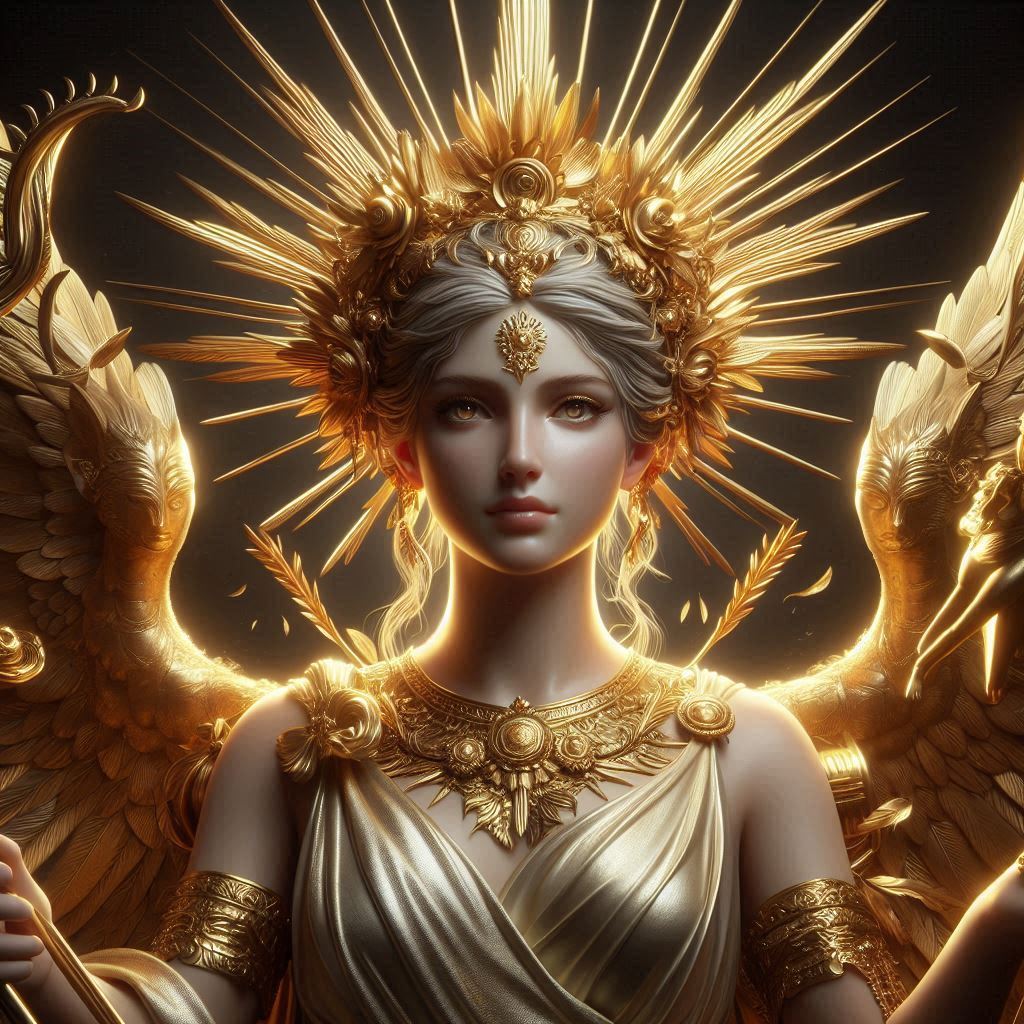Table of Contents
The Role and Purpose of the Heroic Epos in Ancient Societies
The heroic epos, a genre of epic poetry that celebrates the deeds of legendary heroes, holds a central position in the cultural and social frameworks of ancient societies. Works such as The Iliad and The Odyssey in ancient Greece, The Mahabharata in India, and The Epic of Gilgamesh in Mesopotamia transcend their literary value, serving multifaceted purposes that shaped and reflected the identity, morality, and collective memory of the civilizations that created them. This essay explores the functions of the heroic epos in ancient societies, examining its role in transmitting cultural values, providing historical continuity, unifying communities, and addressing existential questions.

1. The Transmission of Cultural Values
The heroic epos was instrumental in codifying and transmitting the moral and ethical ideals of ancient societies. Through larger-than-life characters and dramatic narratives, these epics conveyed lessons about courage, honor, loyalty, and justice. Heroes such as Achilles, Rama, or Gilgamesh exemplified qualities that were admired and aspired to within their respective cultures.
For instance, The Iliad glorified the values of areté (excellence) and kleos (glory), illustrating the Greek ideal of striving for greatness in life and death. Similarly, The Mahabharata integrated dharma (righteousness) as a central theme, guiding individuals toward a harmonious and morally upright existence. The narratives served as repositories of societal norms, ensuring that successive generations internalized and upheld the ethos of their community.
2. Historical Continuity and Legitimacy
Heroic epics often blended myth with history, creating a bridge between the human and the divine and granting legitimacy to rulers and political systems. These works were not merely tales of adventure but were also tools of statecraft, used to establish the divine ancestry of leaders and the sanctity of their rule. For example, Mesopotamian rulers traced their lineage to Gilgamesh, portraying themselves as inheritors of his divine mandate.
Moreover, these epics preserved historical events and genealogies, albeit in a mythologized form, ensuring the continuity of collective memory. Through oral and written traditions, they documented the struggles and triumphs of past generations, fostering a sense of identity and belonging.
3. Social Cohesion and Community Identity
The heroic epos was a communal experience, performed in public gatherings, festivals, and sacred ceremonies. These recitations united communities, reinforcing shared values and a collective identity. The recounting of heroic deeds offered a sense of pride and solidarity, reminding societies of their cultural heritage and the virtues that bound them together.
Epics also had a unifying function during times of crisis. In societies threatened by external invasions or internal strife, the tales of heroic resistance and triumph inspired hope and resilience. The celebration of a common past became a source of strength, reminding people of their shared purpose and destiny.
4. Existential and Philosophical Insights
Beyond their societal and political roles, heroic epics grappled with profound existential questions. They explored themes such as mortality, the nature of heroism, and humanity’s relationship with the divine. For instance, The Epic of Gilgamesh delves into the human quest for immortality, ultimately accepting the transience of life and the value of human connections.
Similarly, The Mahabharata includes the Bhagavad Gita, a philosophical dialogue that addresses duty, free will, and the meaning of existence. By engaging with these universal questions, the heroic epos offered a framework for individuals to confront and understand their place in the cosmos.
5. Entertainment and Artistic Expression
While the epos served serious societal purposes, it was also a form of entertainment and artistic expression. Its vivid imagery, rhythmic language, and dramatic narratives captivated audiences, ensuring its preservation and popularity. The oral tradition of storytelling allowed for creativity and improvisation, making each performance unique while maintaining the essence of the narrative.
Conclusion
The heroic epos was far more than a literary genre in ancient societies; it was a cultural cornerstone that transmitted values, legitimized rulers, fostered unity, and addressed fundamental human concerns. By blending history, myth, and philosophy, these epics created a tapestry of meaning that guided individuals and communities through the complexities of life. Their enduring legacy continues to resonate, offering modern readers a window into the hearts and minds of ancient civilizations and the timeless struggles and aspirations of humanity.


No responses yet